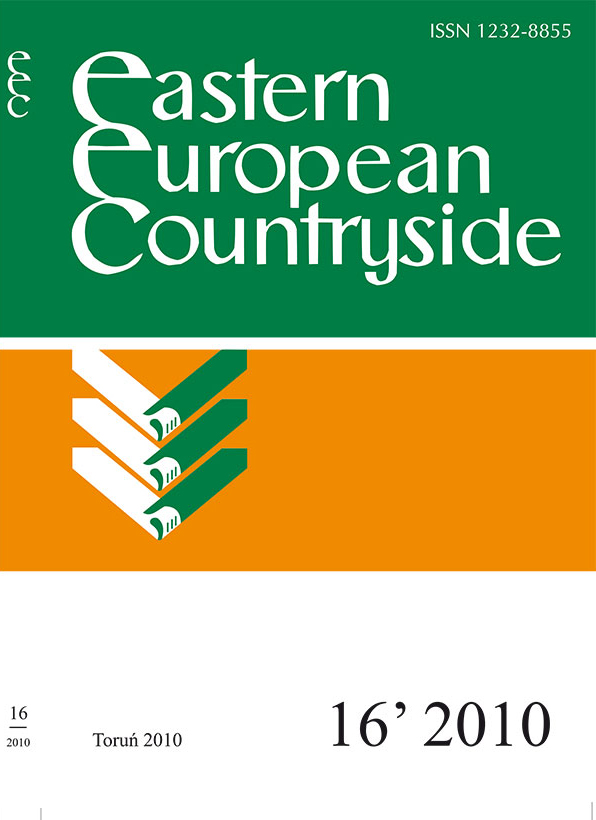Lifelong Learning for Inclusion - between Theory and Practice
DOI:
https://doi.org/10.2478/v10130-010-0006-4Keywords
lifelong learning, adult education, inclusion, marginalisation, rural areas, aid programmes, youthAbstract
In this study I present the conclusions of reports of the research teams which examined the policy range and analysed the activities regarding the inclusion of the socially deprived in rural areas, i.e. the British, Hungarian and Polish reports. When undertaking to find a reply to the question raised at the beginning of this article, I considered that the empirical basis would be quality material collected within the framework of focused group interviews1.
Although the focused group interviews were conducted according to a scenario which was prepared by the research teams, changes were possible in each country (although these changes did not affect the research issue). Apart from the main aim of the discussion, i.e. the diagnosis and analysis of both successes and failures of educational activity enabling social inclusion, these differences concerned the digressions concentrating on poverty and social exclusion in rural areas and problems connected with the implementation of inclusive policy - Hungary; considerations concerning the kind of help which should be provided to individuals and groups struggling with poverty in the countryside - Great Britain; methods evaluating the effectiveness of aid agencies acting in favour of social inclusion - Poland.
Representatives of government agencies playing a key role in the introduction of various forms of inclusive policy and representatives of institutions which provide direct help to the marginalised and those exposed to social marginalisation (which use various educational methods) took part in the research.
References
The 2nd European Quality of Life Test (2009). Retrieved 22 November 2009 on the World Wide Web:http://www.eurofound.europa.eu/publications/htmlfiles/ef0902.html
Europa, 2003 European Commission: Policy Areas: Lifelong Learning, What is Lifelong Learning? Retrieved 2 October 2003 on the World Wide Web: http://europea.eu.int/comm/education/policies/lll/life/what_islll_en.html
The Country Action Plan for Social Integration in 2004-2006. Retrieved 20 October 2007 on the World Wide Web: http://www.mps.gov.pl/integracja/index.php?mleft=4&submenu+4
National Social Integration Strategy. 20 October 2007 http://www.mps.gov.pl./integracja/index.php?mleft=6
Papageorgiu, F. 2008 The Impact of Lifelong Learning Policies on the Inclusion of Vulnerable Groups. Eastern European Countryside. No 14: 61-79.
Papageourgiu F. 2007 Learn to Coexist - Learn to Thrive: The Impact of Lifelong Learning Policies on the Inclusion of Vulnerable Groups, Athens: EURACADEMY Association.
Pluskota-Lewandowska A. 2008 Inclusion or Illusion? About Lifelong Learning as an Opportunity of Integration for the Marginalised. In Wachowiak, A. (Ed.), Sociology as Social Therapy (pp. 185-199), Zielona Góra: University Press.
The Impact of Lifelong Learning Policies on the Inclusion of Vulnerable Groups, Survey Reports Hungary. Retrieved 15 October 2008 on the World Wide Web:
">http://www.lll4inclusion.net
The Impact of Lifelong Learning Policies on the Inclusion of Vulnerable Groups, Survey Reports Poland. Retrieved 15 October 2008 on the World Wide Web: http://www.lll4inclusion.net
The Impact of Lifelong Learning Policies on the Inclusion of Vulnerable Groups, Survey Reports United Kingdom. Retrieved 15 October 2008 on the World Wide Web: http://www.lll4inclusion.net
Downloads
Published
How to Cite
Issue
Section
Stats
Number of views and downloads: 284
Number of citations: 1



